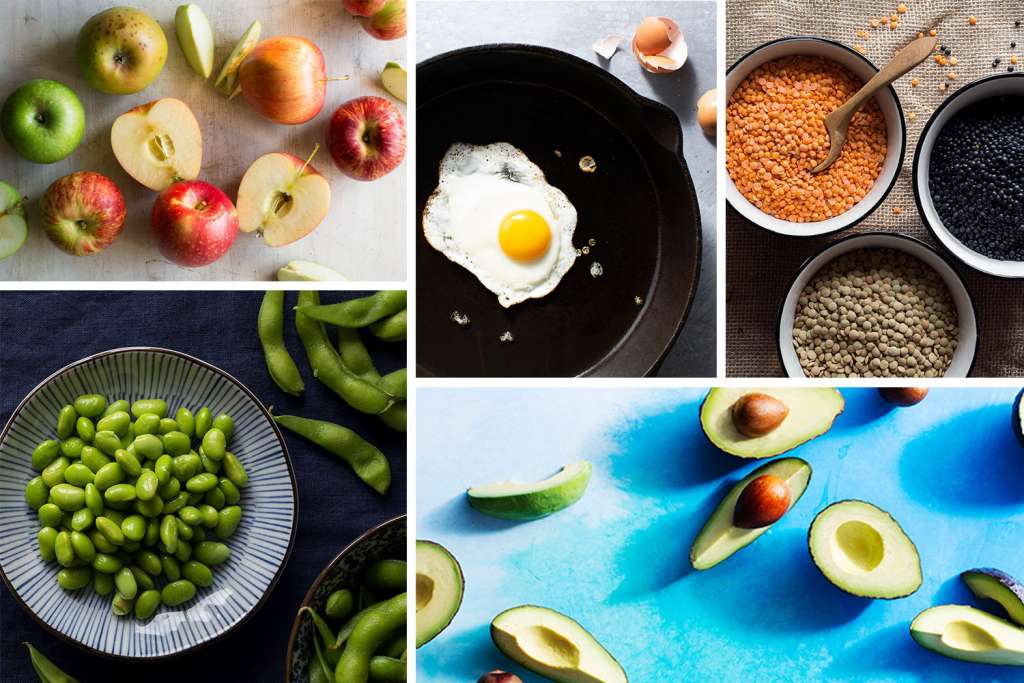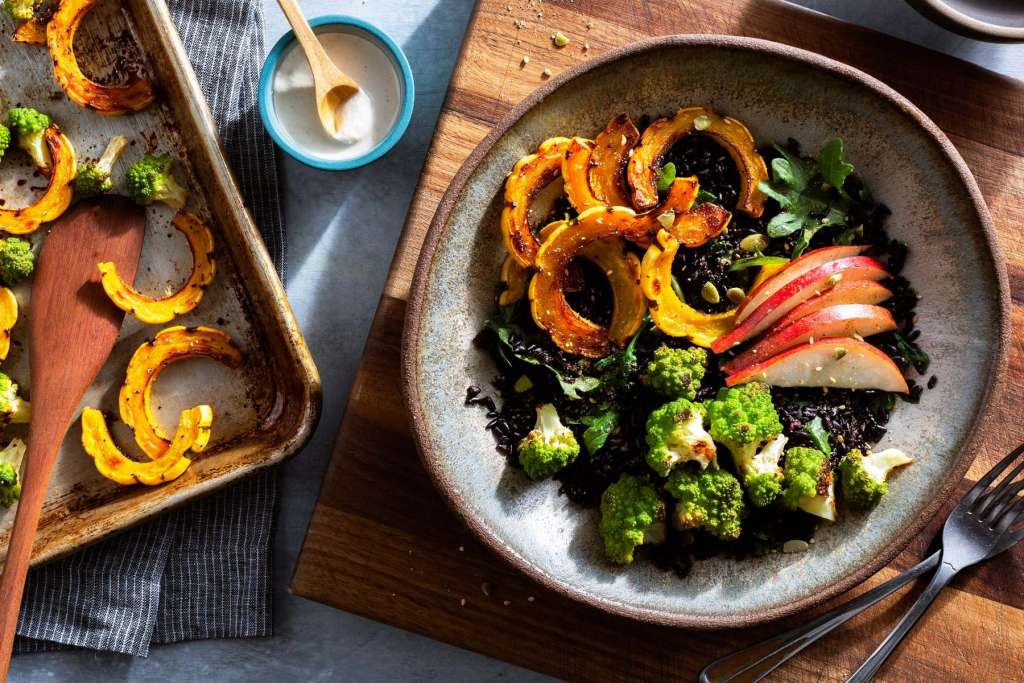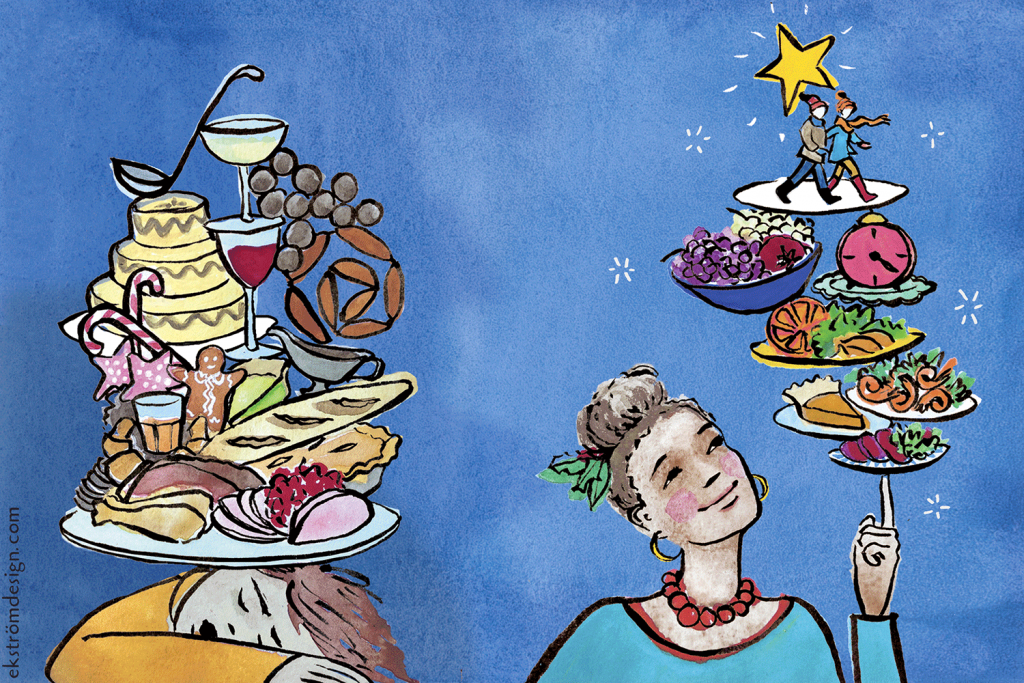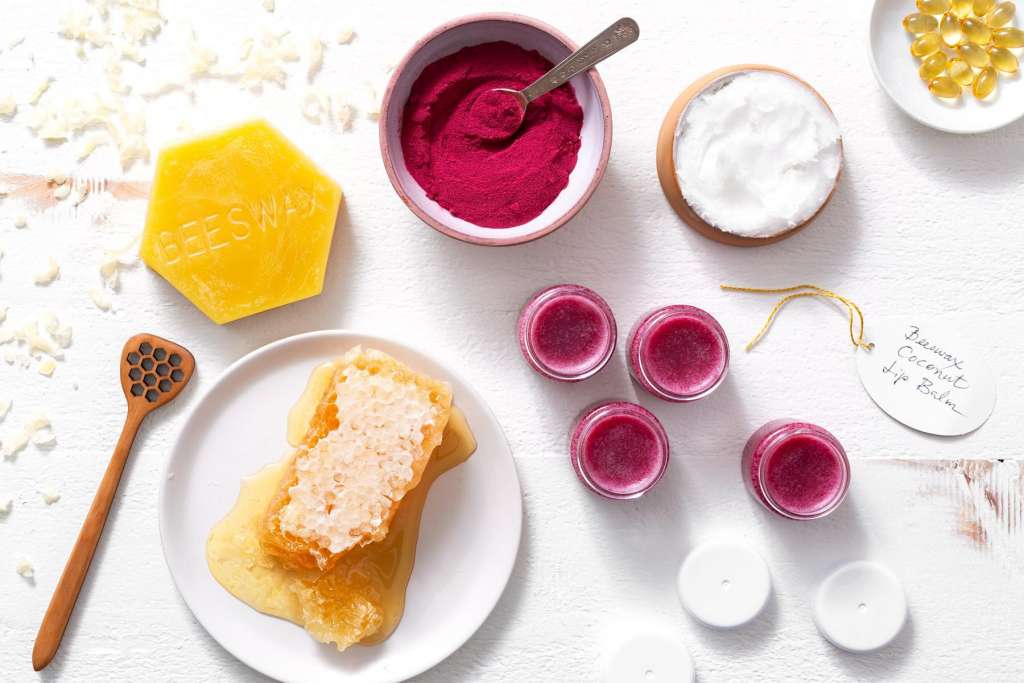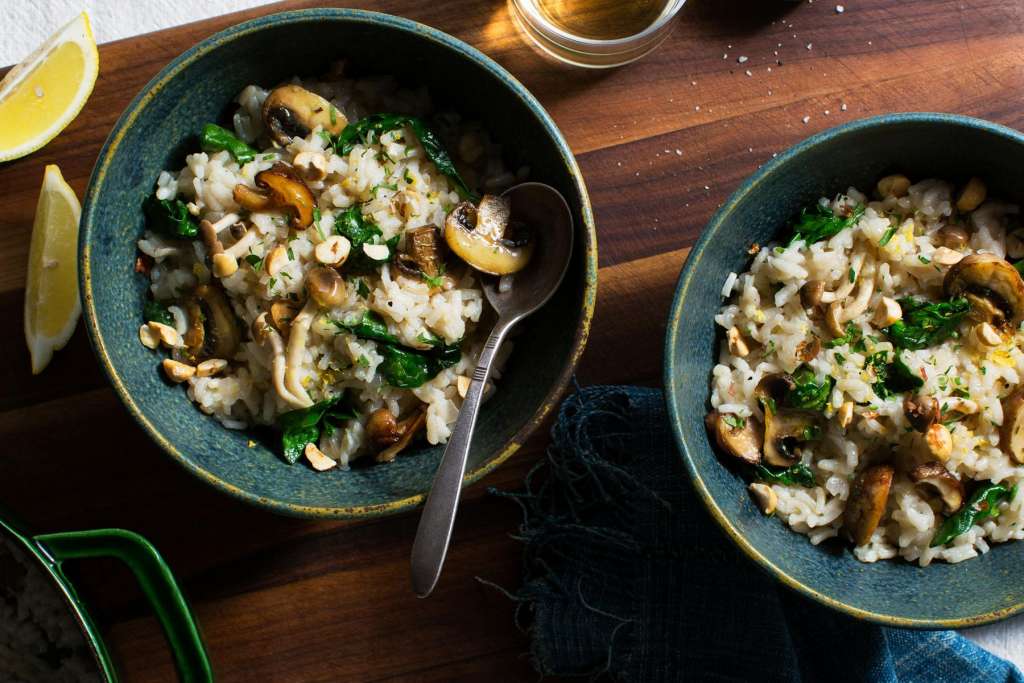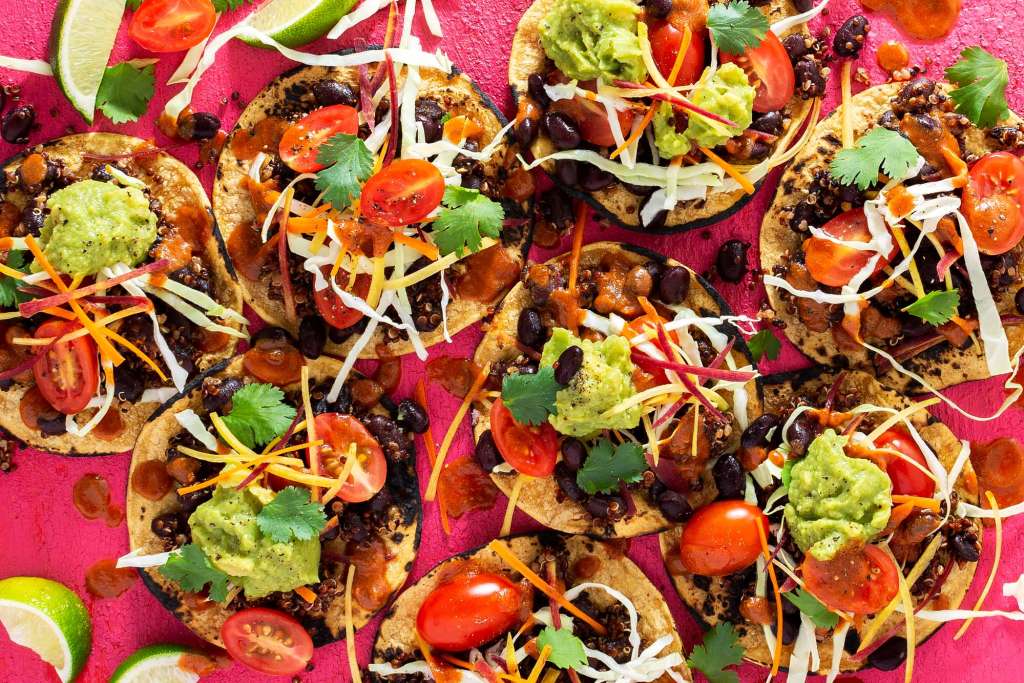Send Your Sweet Tooth to Tastebud Rehab
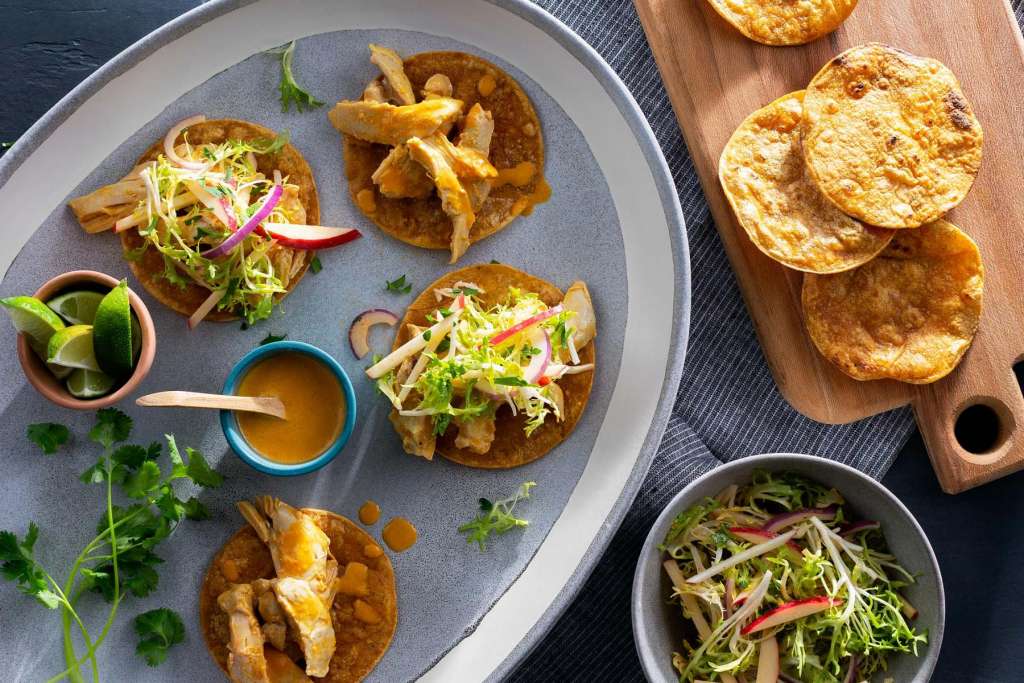
This month, Sun Basket’s Chief Science Adviser, Dr. David Katz has been helping us sort facts from fictions and dispel myths about healthy eating. In the final week of this series, he’s sweet talking us about sugar.
What does the research say about sugar and health?
First, let’s take a step back and remember why we eat: to nourish our bodies with the foods it needs to thrive. And the most direct path to optimizing health is to optimize the quality of the foods we eat. When it comes to high-quality food choices, sugar ranks pretty poorly. Offering little-to-no nutritional benefit, sugar is the ultimate empty calorie. The research is very clear that sugar can have adverse effects on our health. Too much of it can stimulate the appetite and lead to overeating, which can trigger a release of insulin, and could lead to chronic diseases including diabetes.
Are all sugars the same?
The two main sugars are sucrose, or table sugar, and high-fructose corn syrup, and while they’re not the same, their similarities are far more important than their differences. Both are made of glucose and fructose and have mostly the same effects on our bodies.
But rather than worry about the type of sugar, what’s most important is to focus on high-quality whole foods that are as minimally processed as possible. The less processed a food is the more nutrients it retains, and the less concentrated the sugar. It’s easy to drink an eight-ounce glass of OJ, but that’s the equivalent of consuming three whole oranges. Because fruit juice has been processed, nutrients and fiber are lost and it contains three times the amount of sugar found in a single orange.
That’s why my advice is to treat fruit juice as a source of sugar. But, because whole fruit is loaded with fiber and health-promoting nutrients, the net effect of eating fruit (and the moderate amount of sugar that comes with it) has a reduced risk of diabetes and weight gain, and better overall health than if one was to avoid fruit entirely for fear of its naturally occurring sugars. Moral of the story: the more you can keep your sugar intake coming from whole food sources, the better.
Is natural sugar better than refined?
Sugar is sugar. The most important thing is to limit how much you eat. Honey may offer some interesting benefits related to immune function, and honey, maple syrup, and molasses have trace nutrients that pure sugar doesn’t have. But since the common problem is too much added sugar in our diets, one of the goals of trading up to better meals is dialing sugar intake down, and this includes even natural sweeteners.
What about artificial sweeteners?
The funny thing is that artificial sugars were first developed as a way to sweeten food without the adverse effects of natural sugar. However, many studies have found that common artificial sweeteners like Splenda and Nutrasweet can actually disrupt the microbiome and lead to insulin resistance, the very thing they were developed to prevent.
I also worry that these artificial sweeteners feed a sweet tooth and can actually heighten sugar cravings, making things worse, rather than better.
There’s a new category of sugar substitutes, marketed as natural, zero-calorie sweeteners such as stevia, and monk fruit extract. While these may be better options since they contain no artificial ingredients, they’re still highly processed, and still enable an ever-growing sweet tooth. Research into their safety is ongoing.
My advice is to minimize added sugar and sugar substitutes, (including both artificial or natural, zero-calorie sweeteners). Focus on real, whole foods that offer just the right amount of sweetness while also delivering fiber and health-promoting nutrients, and, when you do want to something sweet, simply have the real deal, in mindful, moderate portions.
What tips can you offer to those who want to reduce the amount of sugar they eat?
The more added sugar we eat, the more we tend to want it. The good news is that this process works in reverse, too. The less sugar we eat, the more sensitive we become to added sweetness, and the less sugar we need to feel fully satisfied. My advice is to trade up to better quality food that doesn’t include more than just enough sugar. I call this tastebud rehab, helping your palate recover from the excesses of sugar. With increasing sensitivity to sweetness, you will find yourself enjoying a wide variety of foods without the need to rely on sugar. And then, when you do enjoy a treat, you’ll find yourself satisfied by far less sugar than before.
